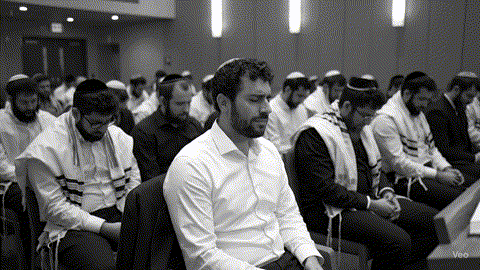There’s a long-standing minhag to sing Lecha Dodi to the melody of Eli Tzion on the Shabbos before Tisha B’Av. It’s a slow, mournful tune—meant to remind us that even on Shabbos, even in Eretz Yisrael, we are still in galus.
This past Shabbos in shul, the man next to me—someone relatively new to the community, a recent oleh—looked visibly uncomfortable as we began to sing. A few lines in, he shook his head, mumbled that it wasn’t appropriate to sing such a tune, and quietly walked out of the room.
He came back later for Maariv, but the moment stayed with me.
It was jarring. Not because I was offended, but because I think it touched something deeper. Something about the tension so many of us carry here—between joy and pain, presence and absence, arrival and longing.
Living in Israel is a gift. But stepping off a flight at Ben Gurion doesn’t mean the geulah has arrived. Being home physically doesn’t mean we’re whole spiritually. Singing that tune on Shabbos is one of the ways we remind ours…




